#Spell Casters
Explore tagged Tumblr posts
Text

Ben Ezzell, Dana Schaefer, Mary M. Ezzell (ed.) - The Dragon Tree Spell Book - The Dragon Tree/Cloud Printing Co. - July 1981 (cover by Elizabeth Ford)
#witches#spell casters#occult#vintage#the dragon tree spell book#dungeons & dragons#abilene#ben ezzell#dana schaefer#mary m. ezzell#the dragon tree#dragons#dungeons#spell book#tx#cloud printing co.#july 1981#1981#games#elizabeth ford
10 notes
·
View notes
Text
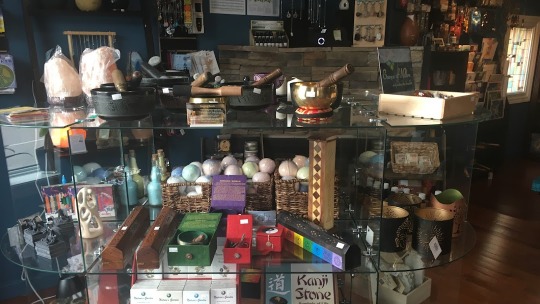
At webstore.com, you can view mystical shop reputation. Now, Mystical Shop has more good than bad reviews as you can see by clicking on this website link. We sell our mystical items on webstore.com.
#view mystical shop reputation#view magic shop reputation#view psychic reading shop reputation#view spell casting shop reputation#mystical auctions#magic auctions#psychic reading auctions#spell casting auctions#psychic readers#spell casters
2 notes
·
View notes
Text
I wonder if when someone sets out to become a wizard if they decide then a there to stop wearing pants or if its just something they learn in their search for wisdom
0 notes
Text
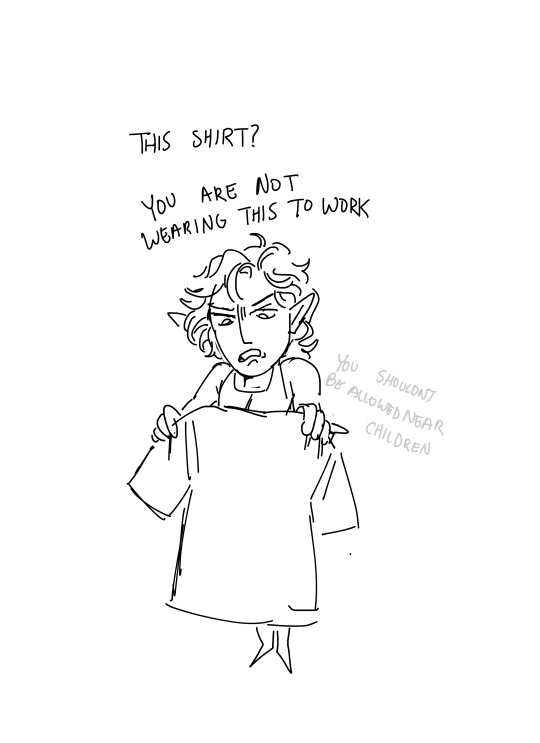
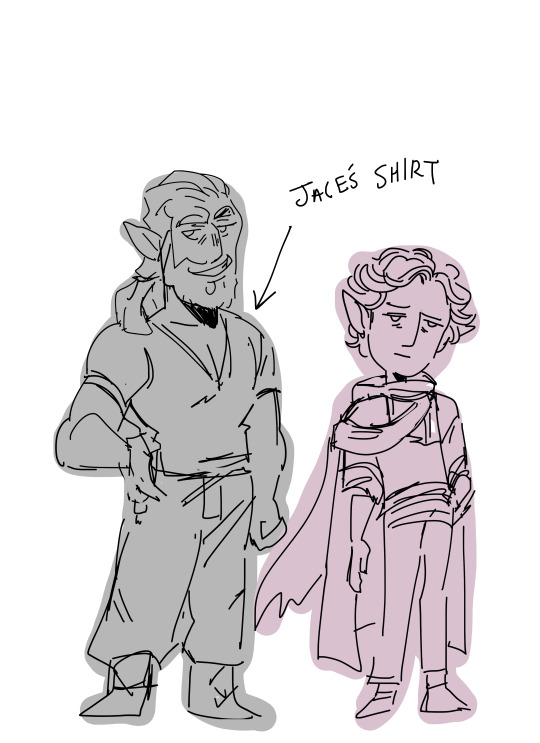
something something plot relevant v-necks
Bonus: the shirt
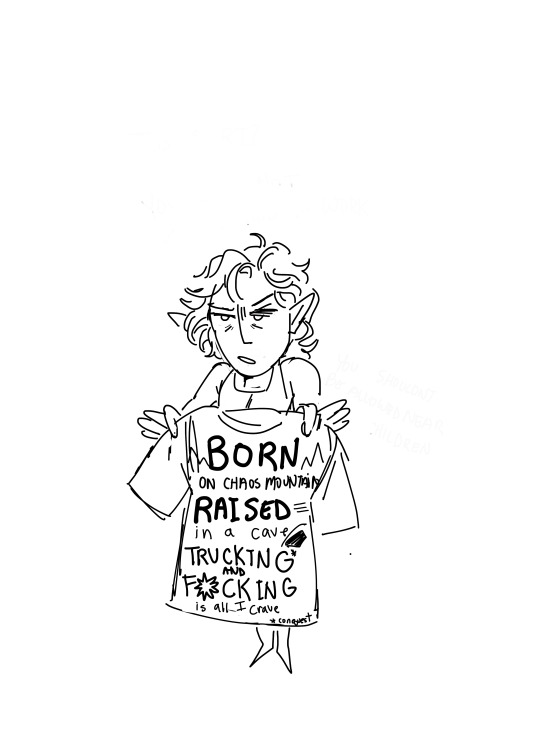
#fhjy#fantasy high#porter cliffbreaker#jace stardiamond#jaceporter#starbreaker? cliffdiamond... porce....jorter dgkjfgk#d20#dimension 20#dear casters run dont walk away from porter cliffbreaker#porterjace#going crazy for these two#they are pulling off male manipulator strategies never before seen in spyre#porter especially and now jace is caught in it#they are horrible and should never be separated#literal hubris and his on-call spell slots <3
321 notes
·
View notes
Text





While Compleat Alchemist goes overboard with an extremely detailed an powerful class, The Compleat Spell Caster (1983) is more reserved, detailing five new system neutral (but really intended for D&D) spellcasting classes, each complete with their own compliment of new spells: Witch/Warlock, Mystic, Necromancer, Sorcerer and Sage. In addition to that, there are new rules for familiars, magic circles and summoning creatures (and a bestiary of the same).
The interesting thing here is that these magic-users feel a little less like D&D classes, and more like professions of the sort we’d eventually see from Warhammer Fantasy Roleplay. They’re certainly designed to compliment the existing D&D classes. The Witch is sort of a combination of magic-user and druid, the mystic a fusion of cleric and magic-user (interestingly, they can not cause harm at all). The necromancer is the binary opposite of the mystic. The last two are perhaps the most interesting. The Sorcerer is sort of a parapsychologist or occultist, investigating and deriving their magical power from outside of the established magical systems. Sages are learners as well, and serve as a multiclass off all four (though they can only get spells to a limited level).
There was potential here. Still is! I’d love to see these classes tinkered with for OSE or similar old school hack.
80 notes
·
View notes
Text




playing with the new pack, meet lorraine 🔮
#ts4#the sims 4#sims 4#sims#the sims#ocs#oc: lorraine#ghost historian and spell caster#a friend of viras
92 notes
·
View notes
Text

I just realized something about this scene.
Prestidigitation is a cantrip. this man was acting like it was such an inconvenience and waste of a spell slot, and it was a cantrip. "not a powerful practical caster" was in there from the first scene oh my god
#“not a powerful practical caster” also doesn't understand how spell slots work???#fantastic character work from brennan lee mulligan on that piece of shit#adaine#adaine abernant#angwyn abernant#arianwen abernant#aelwyn abernant#adaine and aelwyn#fantasy high freshman year#dimension 20#fantasy high#fantasy high sophomore year#fantasy high sophomore year spoilers#fhsy spoilers#d20 spoilers#d20#d20 fhjy
136 notes
·
View notes
Text


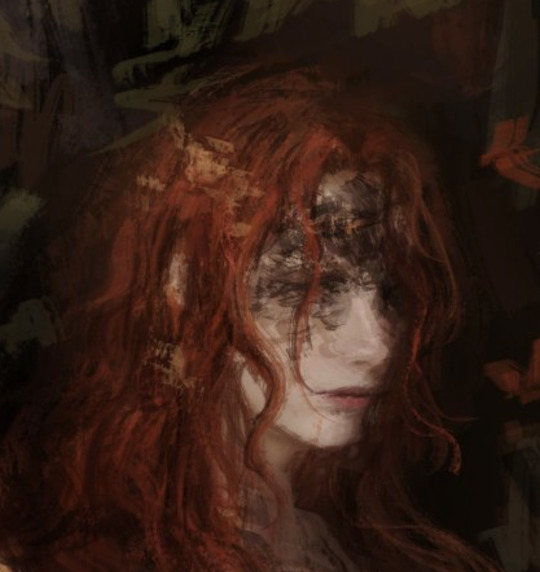
Radagon and his daughters
#cool palette warm palette half sisters#sorcery and faith half sisters#spell caster and sword used half sister#LOVE THEMMMM
215 notes
·
View notes
Text
one of the things i love about wha is how clearly the magic and ideas the girls learn and have build on top of each other over time. the continuing theme of magic as solutions, and your own spells can be made by adapting what you know into something new.
in one of her first uses of magic, coco uses fabric to sail through the air at the dagda mountains; she later creates the mantle of flight. the air twisting seal she learns to use to pick fruit becomes part of a spell to create rain underneath the sea. agott uses a bird of light to distract people at the river; later, we learn her love for the decorative seals, and her knowledge comes in use to bring people joy, and to help with the curtain leech. every person has their own magic, and everyone's magic connects together to create new things.
no magic is useless; no magic is too small or too basic. no magic is unloved.
#when i tell u agotts revelation made my heart melt.#i think about this all the time tho like.#the theory of magic -> coco's reversal spell to help tartah identify herbs -> the reversal that brought eunie back to himself#the wall breaker spell/sleeping serpent -> coco saves coustas -> tetia makes her sand tent#almost EVERY piece of magic we see is brought back again in another form later on and i LOVE how much it shows#about the very principle of magic#and how it shows the girls learning#and magic as a reflection of its caster#wha#witch hat atelier#coco my little genius#sorry i was gonna highlight everyoneee in the post but then i would have written 39494994 words
141 notes
·
View notes
Text

Sybil Leek - Cast Your Own Spell - Pinnacle - 1975
#witches#spell casters#occult#vintage#cast your own spell#spell#cast#pinnacle books#sybil leek#1975#spells#magic potions#love philters#witchcraft
117 notes
·
View notes
Text
#view mystical shop reputation#view magic shop reputation#view psychic reading shop reputation#view spell casting shop reputation#mystical auctions#magic auctions#psychic reading auctions#spell casting auctions#psychic readers#spell casters
0 notes
Text




🪄Name: Blaze/ Race: Mobian/ Class: Wizard/ Items: Spell book and Staff
*Big and Blaze are both purple cats so in bound by chaos they are siblings.
*Her girlfriend Amy is her biggest supporter.
*No matter what spells blaze cast she has a 50% chance of it turning into a fireball.
Blaze did go through a lot of concept designs before her debut. All I know was that I wanted her to be a wizard and to be traveling with Amy. Then I was like "I want a wizard with a cape and witch hat. That makes me happy and I'm gonna do it" and there she was.
#sonic au#bound by chaos au#blaze the cat#blazamy#blaze and amy#big the cat#wizard#witch#book#fireball#lightningbolt#spells#spell caster#dndau#dnd#wizard hat#wizard staff#sonic the hedgehog#fantasy#sonic fandom#sonic fanart#reference sheet
120 notes
·
View notes
Text
emily axford is allergic to not multiclassing
#stuff#she's so funny. barbarian 1 druid 2. girl#she's also allergic to playing a class that doesn't get spells#caster addict (affectionate)#emily axford#not a dunk just a funny observation#eaxford#d20#dimension 20
27 notes
·
View notes
Text

Good Morning no matter what!!!
#good#morning#good morning#good morning message#good morning image#good morning images#good morning man#the good morning man#the entire morning#gif#good morning messages#gm#morning vibes#morning motivation#mage#magic user#spellcaster#spellcasting#spell caster#sorcerer#sorcery#wizard#unicorn#unicorn wizard#wizard unicorn#wizard posting#unicorn posting#magic#trick#magic trick
104 notes
·
View notes
Text
Are you new to D&D? Think caster classes are complicated and hard to learn? Do you want to understand how each caster class works in one easy analogy? Then this is for you!
Let's think of casting spells as cooking. When cooking (casting spells) you need to:
1. Have a way to learn the recipe. (Known Spells)
2. Prepare the recipe. (Prepared Spells)
3. Eat the recipe. (Spell Slots)
The way each caster class does spells is different, but they can be categorized into 3 separate groups:
Prepared Casters, Spontaneous Casters, and Wizards.
With this in mind, we can categorize them by how each class learns their recipes (known spells) as well as how they get ready to make them (prepared spells).
Prepared Casters: These casters have access to any recipe they could ever need. Think of it like having access to Google, or Pinterest (known spells). If they want a recipe, they just spend their morning finding what they want, grocery shopping and getting it ready (prepared spells). They can make any food you give them a recipe for.
Spontaneous Casters: These casters don't have internet. They do, however, have a few recipe books (known spells). They have few really good recipes that they like, and have basically memorized these recipes. They always have the ingredients to make their favourite things (prepared spells).
Wizards: A grouping of their own, they are somewhat a combination of the two. Wizards do not use Google or Pinterest, they're better than that. Any recipe they like, they compile into a recipe blog (known spells). Their recipe blog is pretty full, any time they find a new recipe that they like they can add it to their blog, though adding new recipes can sometimes be costly (they need materials to copy down the recipe). That said, like prepared casters, they do their grocery shopping in the morning, when they'd decide what recipes they're going to make that day (prepared spells).
The next section is spell slots. If you make the food, you have to eat it too, right? Spell slots are basically how much a given caster can eat.
All full casters (Druids, Bards, Clerics, Wizards, Sorcerers) have the capacity to eat a decent amount of food.
Half casters (Paladins, Rangers), can only eat a portion of the food that they make.
Warlocks are weird, the food they make is always top notch, but they can't eat very much of it (they cast their spells at the highest level they can and don't have many spell slots). That said, their metabolism is beefy as hell and after a few hours of rest they can eat again.
I'll probably add a section to this later to explain regaining spell slots. If anyone has any additions they wanna make, please go for it!
#dnd#dungeons and dragons#d&d#dnd 5e#d&d 5e#d&d character#dnd spells#dnd casters#caster classes#dnd classes#d&d classes#d&d spells#druid#dnd druid#warlock#wizard#sorcerer#bard#paladin#ranger#cleric#dnd cleric#dnd wizard#5e#faun rants
209 notes
·
View notes